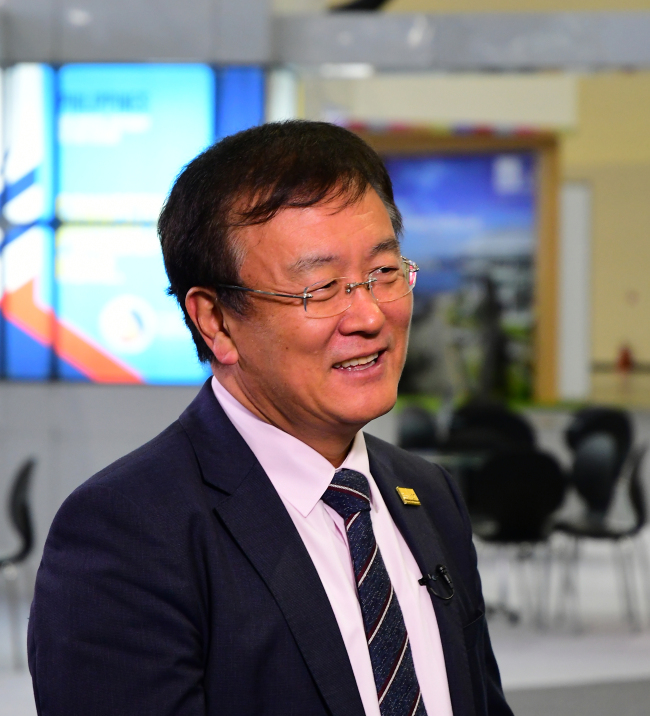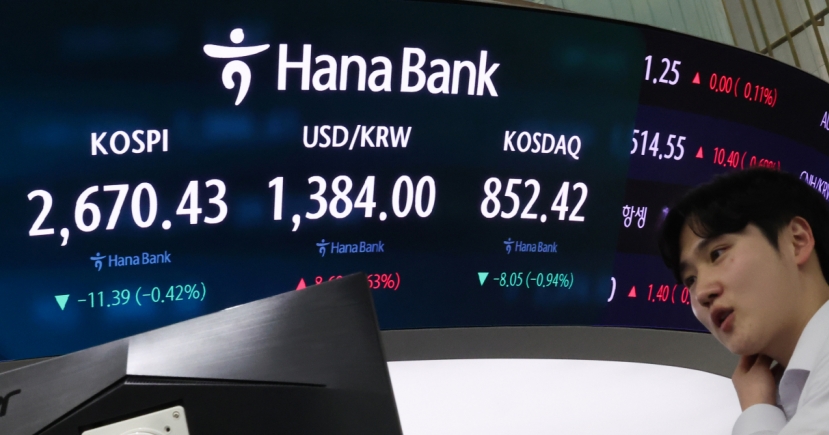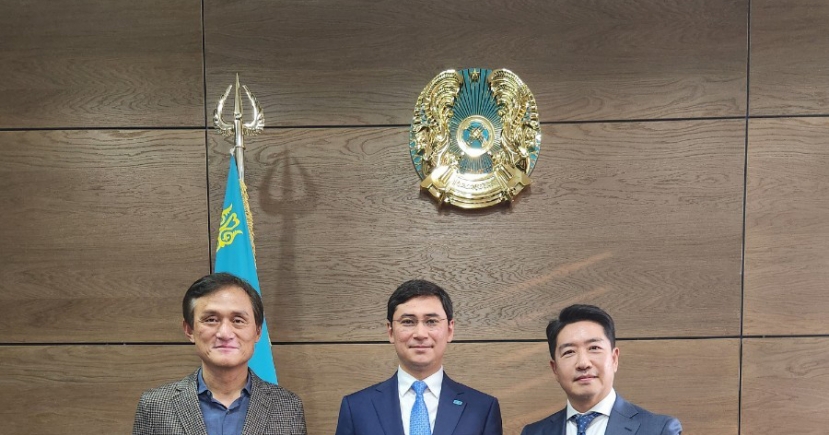Mobile & Internet
‘Korea needs strategic 5G roadmap’
[THE INVESTOR] Korea needs to have a strategic roadmap for the fifth-generation network as the commercial launch of the 5G network is no longer subject to question but will soon become a reality, according to ITU’s standardization chief.
The next-generation mobile network, 5G, will serve as a key role in future data-oriented technologies, including artificial intelligence, the Internet of Things, connected cars, virtual reality and the smart home.
 |
Lee Chae-sub, director of International Telecommunication Union’s telecommunication standardization bureau. Jennifer Ferguson-Mitchell/ITU. |
“We have so far been too focused on demonstrating the possibility of the 5G network. However, 5G is no longer subject to question and it will become reality soon,” said Lee Chae-sub, director of International Telecommunication Union’s telecommunication standardization bureau, in an interview with The Korea Herald during ITU Telecom World 2017 taking place in Busan this week. International Telecommunication Union is a specialized agency of the UN that is responsible for issues that concern information and communication technologies.
Over recent years, Korean tech and communications firms have competitively demonstrated the 5G network as pilot projects in drones, virtual reality, connected cars and sports events.
KT tested 5G-based self-driving buses for the PyeongChang 2018 Olympics and 5G-based virtual reality technologies in partnership with Samsung Electronics. SKT demonstrated 5G-based connected cars in partnership with BMW and built 5G infrastructure in a self-driving pilot city in Hwaseong city with the Transportation Ministry.
“Now is the time to gather all the players -- private and public sectors -- and make a strategic road map for everything related to 5G including frequency bands, base station, network, communications, and possible products and services,” Lee said.
Creating the big picture should also include how to effectively and safely use massive data that will be generated from the hyper connectivity, he said. Data will play a key role in providing customized and smarter services for individuals using AI technologies.
“In the 5G era, unimaginable data will be generated. However, little discussion has been made on how to refine and protect the data yet,” the ITU director said.
Korean firms are still behind in using big data technologies compared to global tech giants including Google and Amazon.
As the first and only Korean to take one of the top seats at ITU three years ago, Lee said he is proud of his nation, which is a strong powerhouse in information and communication technology. However, he hopes more Korean firms will contribute to the global society by transferring ICT competence to developing nations, which has mutual benefits.
“Korea is no doubt a strong player in ICT. Despite that, its contribution to the global society is still too weak,” the director said.
KT’s 4G network project in Rwanda is one of the few projects that involves a Korean firm carrying out ICT business in Africa. In 2013, KT began a partnership with the Rwandan government to build a 4G network and provide wired services.
“The Rwandan government has frequently told me how its nation has been developed since the KT project and how other neighboring nations want the same thing,” he said.
He understands many Korean firms are hesitant to do similar projects in developing nations out of fear of losing money. While their concerns might be valid, he pointed out that many advanced nations, such as the US, Germany, the UK, France and recently China and Japan are doing projects in Africa – and not all of them are in for a loss.
“Companies can certainly benefit from global projects while supporting the nations at the same time. For instance, they can create business opportunities by jointly creating lucrative yet helpful services.”
By Shin Ji-hye/The Korea Herald (shinjh@heraldcorpcom)








